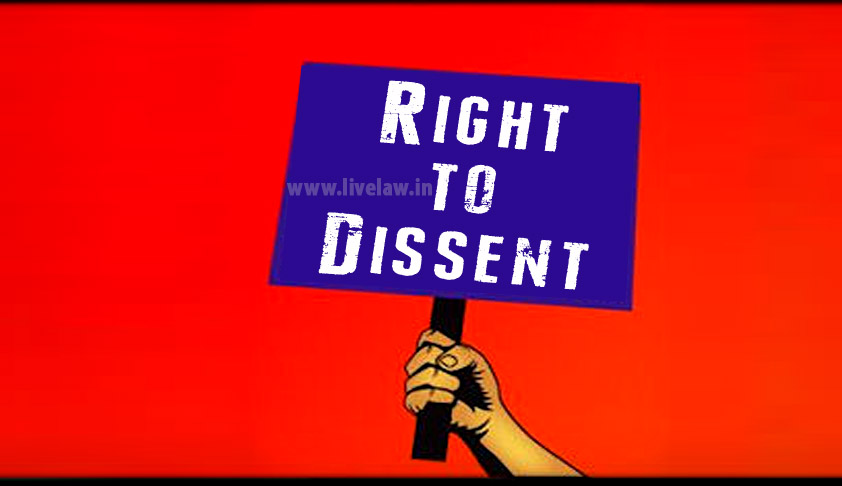- Home
- /
- Top Stories
- /
- Civil Society organisations demand...
Civil Society organisations demand respect for the Right to Dissent
LIVELAW NEWS NETWORK
9 Nov 2014 1:25 PM IST
On October 9 2014 the Home Ministry submitted an affidavit in the Delhi High Court against Greenpeace India. This triggered a strong reaction with the civil society leaders taking up the issue. The move of the Government to keep NGOs at bay has been criticized as discriminatory and a violation of freedom speech.The government of India and NGOs seem to be at loggerheads since June this year....
Next Story



